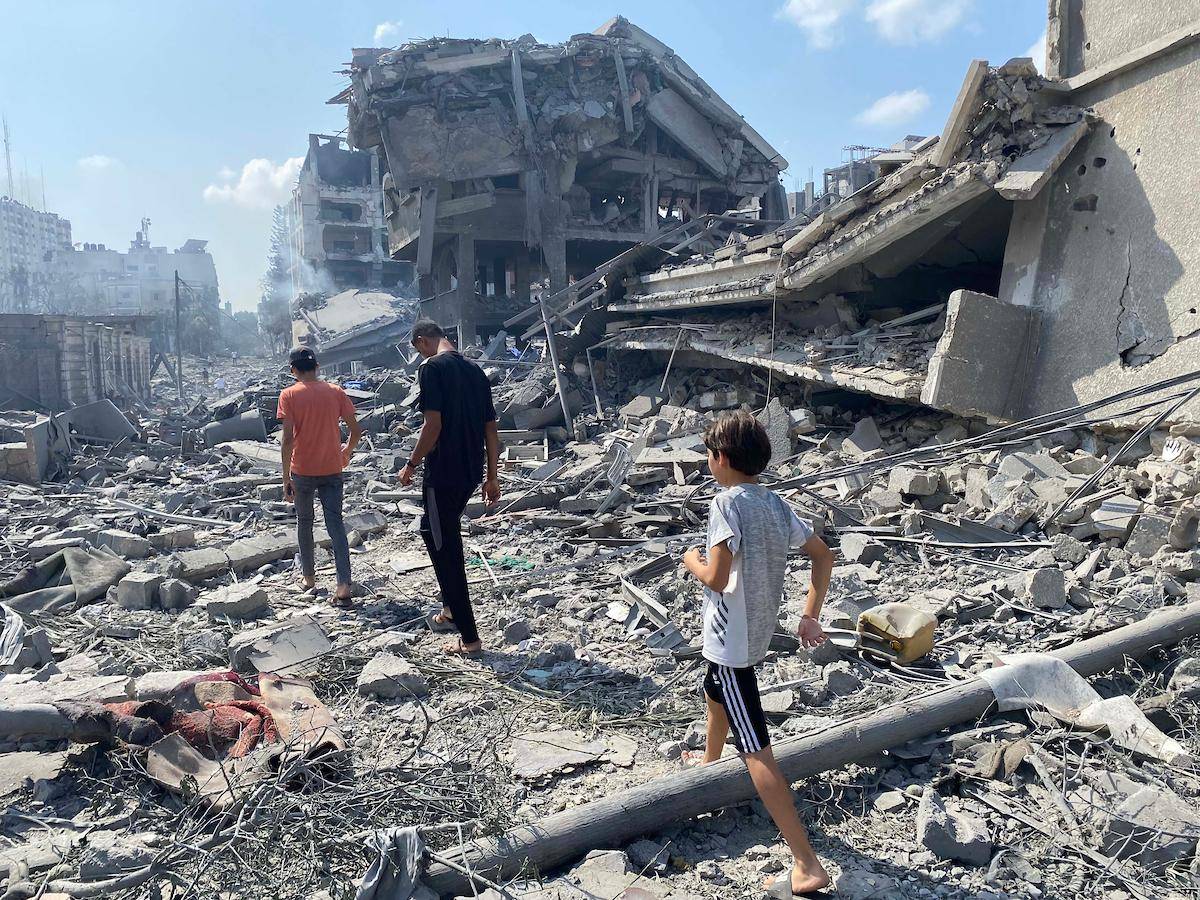The Israel-Gaza conflict remains one of the most persistent and entrenched conflicts in modern history. Rooted in decades of historical, political, and socio-economic tensions, the conflict often erupts into violence, causing immense human suffering and geopolitical ramifications. While the causes of the conflict are multifaceted, there are three primary factors that consistently contribute to the recurring cycles of violence between Israel and Gaza.
1. Territorial Disputes and Occupation
At the heart of the Israel-Gaza conflict lies the issue of territorial disputes and the enduring occupation of Palestinian territories by Israel. The Gaza Strip, a small but densely populated enclave bordering Israel and Egypt, has been under Israeli control since the Six-Day War in 1967. Despite Israel's unilateral withdrawal of settlements and military forces from Gaza in 2005, it continues to exercise significant control over its borders, airspace, and maritime access.
The Palestinian population in Gaza, subjected to blockade and severe restrictions on movement, faces dire socio-economic conditions, including high unemployment rates and limited access to basic services. This longstanding occupation and the persistent denial of Palestinian self-determination fuels resentment and resistance among Gazans, often manifesting in violent confrontations with Israeli forces.
2. Security Concerns and Militant Activity
The security dynamics in the Gaza Strip are characterized by the presence of militant groups, primarily Hamas, designated as a terrorist organization by Israel, the United States, and the European Union. Hamas, which governs Gaza, advocates for the liberation of Palestinian territories and the establishment of an independent Palestinian state. However, its tactics often involve the use of indiscriminate rocket attacks against Israeli civilian population centers, posing a significant security threat to Israel.
The escalation of violence frequently originates from militant provocations, such as rocket launches and border skirmishes, prompting Israeli retaliatory measures, including airstrikes and ground incursions. The cycle of violence perpetuates a vicious cycle of retribution and further entrenches animosity between the two sides.
3. Political Stalemate and International Involvement
The protracted Israel-Gaza conflict is exacerbated by a broader political stalemate in the Israeli-Palestinian peace process, characterized by failed negotiations, unilateral actions, and divergent geopolitical interests. Despite international efforts to facilitate dialogue and mediation, the absence of a comprehensive and mutually acceptable framework for conflict resolution perpetuates a sense of hopelessness and despair among both Israelis and Palestinians.
The involvement of regional and international actors further complicates the dynamics of the conflict. Countries such as Egypt, Qatar, and Turkey play influential roles in mediating ceasefire agreements and providing humanitarian assistance to Gaza. Meanwhile, the United States, as a key ally of Israel, has historically supported Israeli security interests while advocating for a negotiated two-state solution.
In recent years, shifts in regional alliances and geopolitical dynamics have introduced new complexities to the Israel-Gaza conflict, with emerging actors such as Iran and non-state actors like Hezbollah exerting influence and shaping the strategic landscape.
Conclusion
The Israel-Gaza conflict is a tragic reminder of the enduring complexities and unresolved grievances that define the Israeli-Palestinian conflict. Despite intermittent ceasefires and diplomatic initiatives, the underlying issues of territorial disputes, security concerns, and political deadlock persist, perpetuating cycles of violence and human suffering.
Addressing the root causes of the conflict requires a genuine commitment to dialogue, compromise, and respect for the rights and aspirations of both Israelis and Palestinians. Only through sustained diplomatic engagement, confidence-building measures, and a renewed commitment to a just and equitable resolution can the cycle of violence be broken, paving the way for a future of peace and coexistence in the region.




No comments yet
Be the first to share your thoughts!